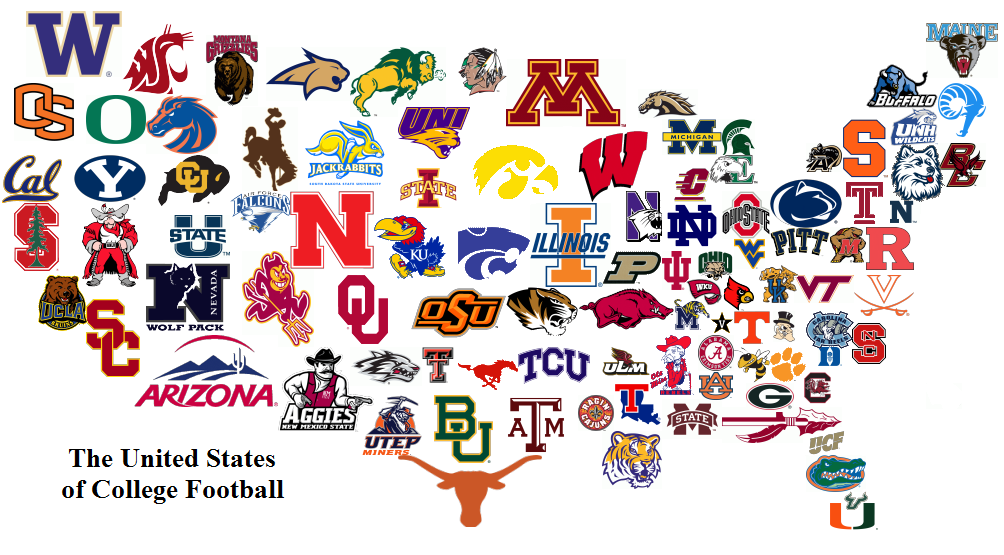Hannah Doyle is an intern at the U.S. Embassy in Oslo, Norway. Back in the United States, Hannah is a third-year undergraduate student at the University of Washington in Seattle.
It’s no secret that university is expensive, but back-to-school season doesn’t have to break the bank. These 5 money-saving hacks will help you get the most bang for your buck this school year.
1. Shop around for your textbooks
University textbooks can be outrageously expensive. That said, it is possible to save money if you shop smart. Here’s what I personally recommend:
- Avoid the university bookstore – ordering online is cheaper. Amazon is my favorite, but Chegg and Barnes & Nobel are popular too.
- Buy used instead of new – it’ll save you half the price.
- Rent instead of buy – if you won’t need the textbook for future reference, there’s no need to own it.

2. Use your student discounts
Your student ID card will help you recoup a little cash. Hundreds of establishments – from food to fashion to news and entertainment – offer discounts for college students. If you want to purchase a new laptop or upgrade your wardrobe before school starts, do some Googling for discounts before you finalize the transaction.

3. Attend on-campus events
There are always events and activities happening on-campus. From movie nights to DIY tutorials to concerts to cultural festivals, you have the option of staying on-campus at no additional cost as opposed to going out on the town. Many student organizations also host their own events (and provide free food!) or go on retreats, which is a great way to have fun and make new friends with similar interests.
Why pay when you can participate for free, get a free t-shirt and free food?

4. Know the campus amenities
Universities offer many amenities that are included in your tuition. For example, at the University of Washington, a gym membership, quarterly doctor’s office visit, public transportation pass, and more are covered by my tuition and fees. Avoid paying extra costs off-campus when you already have convenient access on-campus.

5. Apply for scholarships
Applying to scholarships can seem like a time-consuming process, but the rewards are worth the effort. Even if you are an international student, there are U.S.-based scholarships available to you. Scholarship application eligibility requirements can be very niche (based on your major, cultural heritage, hobbies, and more), increasing your likelihood of being selected. Check with your university’s Office of Merit Scholarships, Fellowships, and Awards to see your options.

Best of luck with the new school year!












